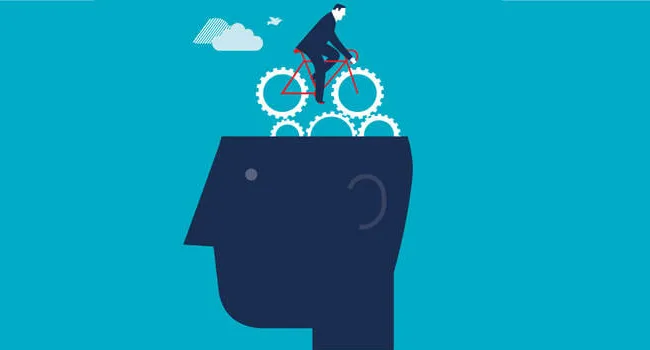9 Techniques to Learn Faster
Learning is a complex process that various factors, including motivation, focus, study habits, and personal preferences can influence. Fortunately, there are several techniques that students can use to learn faster and retain information more effectively. Here are some key strategies to consider:
Focus and motivation
Students who are highly focused and motivated tend to learn faster because they are actively engaged in their studies. Maintaining a high level of focus and motivation requires setting specific, achievable goals and developing a growth mindset. It’s important to stay positive and believe in one’s ability to learn and succeed.
Practice and repetition
Regular practice and repetition help students to solidify their understanding of new concepts and skills. This can involve rewriting notes, summarizing information, and creating flashcards to review regularly. Students should aim to review material regularly, rather than waiting until just before exams.
Active learning
Engaging in hands-on activities, such as experiments and projects, can help students internalize new information more quickly. This type of learning allows students to apply what they have learned and see how concepts relate to real-life situations.
Effective study habits
Good study habits, such as taking notes, summarizing information, and reviewing regularly, can help students learn and retain information more efficiently. Students should aim to develop a consistent study routine and use study aids, such as flashcards, to reinforce learning.
Chunking
Chunking involves breaking down information into smaller, manageable chunks, making it easier to process and remember. This can involve summarizing information, creating outlines, or using mind maps. Chunking can help students to understand complex information and retain it more effectively.
Mind mapping
Mind mapping is a visual tool that allows students to organize information and see connections between ideas. This technique can help students to understand complex information and retain it more effectively. Mind maps can also be used to identify relationships between different concepts and to create a visual representation of information.
Seek help when needed
Asking for help when struggling with a concept can allow students to clarify misunderstandings and learn faster. This can involve talking to teachers, classmates, or tutors, or using online resources, such as videos and forums. It’s important to seek help early, rather than waiting until a problem becomes insurmountable.
Sleep and exercise
Getting adequate sleep and exercise can help students to improve their focus and cognitive abilities. Studies show that students who get enough sleep and exercise regularly perform better academically and have better retention of information.
Mnemonics
Mnemonics are memory aids that use rhyming, acronyms, or other techniques to help students remember information. These memory aids can be helpful for retaining information, especially for subjects such as history, science, and foreign languages.
In conclusion, there are several techniques that students can use to learn faster and retain information more effectively. These techniques include focusing and motivation, practice and repetition, active learning, effective study habits, chunking, mind mapping, seeking help when needed, sleep and exercise, and mnemonics. The key is to find what works best for each individual student and to be flexible and adapt the approach as needed. With the right techniques, students can learn faster, retain information more effectively, and reach their full academic potential.

